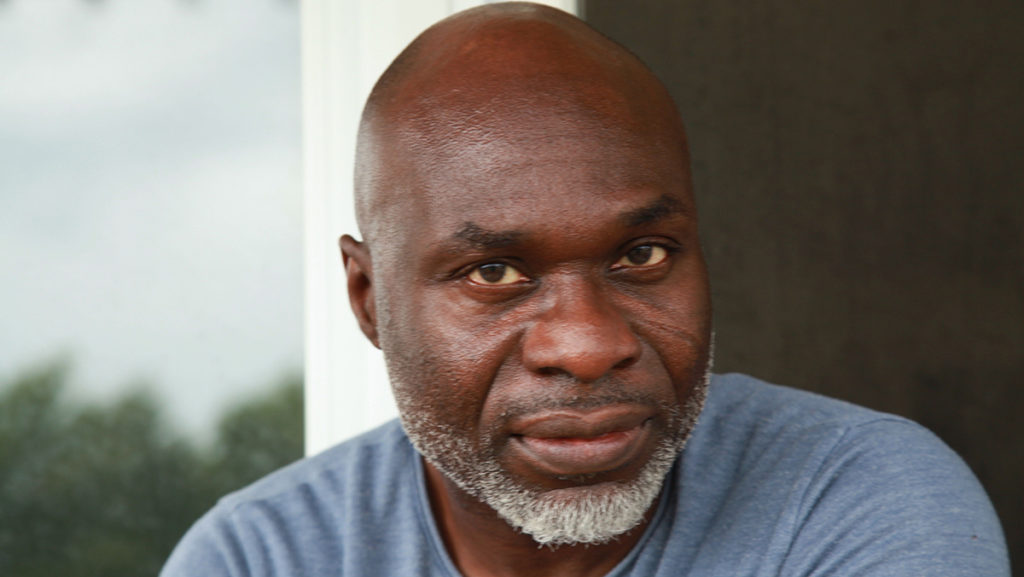Occupational therapists enable people to live their lives to the fullest by preventing injury or helping them live life despite their injuries. Diane Long, associate professor in the Ithaca College Department of Occupational Therapy, committed her life to doing this work. She was recently recognized by the American Occupational Therapy Association (AOTA) with the Roster of Fellows Award.
The award recognizes occupational therapists who, through their knowledge, expertise, leadership and advocacy, have made a significant contribution over time to the profession. Long is the fourth professor from the college to win the award. Before coming to the college, Long had her own private practice. There, she worked with children in 10 or 12 different school districts for approximately 23 years. When the occupational therapy program opened at the college, Catherine Gordon, retired associate professor in the Department of Occupational Therapy, approached Long about working in the department. Long started working at the college in January 1998.
Opinion editor John Turner talked to Long about what it means for her to win the award and how she sees occupational therapy evolving in the age of COVID-19.
This interview has been edited for length and clarity
John Turner: What does it mean to you to be recognized by AOTA?
Diane Long: It’s really an honor. There are not all that many people per year across the country who are recognized. So it’s definitely an honor, and I’m humbled by it because the work that I’ve done has been for the department and for the children I used to see. That is really important to me, but it was nice that my work was recognized as important to the profession at large.
JT: Did you always know you wanted to work in the field of occupational therapy?
DL: No, not really. I started exploring health care when I was in high school, like many students do, and originally thought that I was going to be a physical therapist, mostly because I didn’t know about occupational therapy. Occupational therapy is one of those discovery fields, I think even still. When I was in college, I learned about occupational therapy and looked into it. The more I looked into it, the more it felt right for me. I ended up going in that direction instead. I knew I wanted to work with kids, for sure.
JT: Do you think that COVID-19 has changed the OT profession at all?
DL: I think it’s changed health care as a whole, for sure. The move to telehealth and telemedicine, we’ve been sort of nudging in that direction across the country for a number of years, but I think COVID really pushed that envelope. There are people who are going to the doctor virtually now who never would have done that before. So I think it actually has opened up some possibilities for some people. I think that we’re going to find that the telehealth or telemedicine aspect of things is going to become more of a norm than it was in the past.
JT: So it is possible to provide occupational therapy virtually?
DL: You can’t do everything virtually. But you can certainly educate clients about different things. You can certainly have conversations and help them problem–solve different things that are going on in their lives. You obviously can’t do hands–on, but you can absolutely work with the individuals and work with family members and sort of talk things through. So I don’t think it’s going to be the end–all–be–all by any means. But I think that it’s now established a place in the landscape of health.















